Having a proper mortgage system is a prominent step for all new customers availing mortgages in Canada, as the real estate market in Canada is happening yet boring sometimes for those looking for their first home.
Well, buying a home for the first-time is a big purchase for everyone. This is to understand how a mortgage works and what choices are there to avail in order to make wise decisions.
Selecting the right mortgage can save you thousands of dollars in the long run. To make the best decision, it’s essential to consider your financial situation, future plans, and the current market climate.
As of the beginning of 2023, the Canadian real estate market is bouncing back after a challenging time. Increasingly, more first-time mortgage home buyers in Canada are entering the market. Having an understanding of present trends and mortgage types is critical for anyone looking to invest.
In this blog, we will cover different mortgage types and government programs for first-time buyers, along with the entire journey from the pre-approval process to the closing process, to help you secure the best mortgage as a first-time homebuyer in Canada.
Mortgage Types That One Can Possess in Canada
First-time home buyers in Canada can have many types of mortgages they can gain access to, including:
- Fixed-Rate Mortgages: These mortgages lock in your interest rate for a set term, providing consistent monthly payments and protection from market fluctuations.
- Variable-Rate Mortgages: Here, your interest rate is tied to market conditions. While initial rates may be lower, payments can vary over time.
- Hybrid Mortgages: A combination of fixed and variable rates, offering a balance between stability and flexibility.
Getting Familiar with First-Time Home Buyer Schemes by Government
There are programs available in Canada, such as the First-Time Home Buyer Incentive and the Home Buyers’ Plan, where you are allowed to use the funds in your RRSP to purchase a first home.
Getting Pre-Approved
Being pre-approved is crucial in the home-buying process. It informs you of how much you can afford and makes you a more powerful buyer negotiator.
Pre-Approval Documents
In order to become pre-approved, you will need to offer:
- Documentation of income (e.g., pay stubs).
- Employment information.
- Credit report.
- Assets and liabilities.
Shopping Around for the Best Rate
After you have everything in order on your papers, don’t necessarily accept the first mortgage offer. Compare other costs, interest rates, and fees. Perhaps there is a lender with less fee or lower rate. Always choose the total cost of the loan divided by the entire duration of the loan.
Working with Experts
Choosing the Ideal Mortgage Broker or Lender
A mortgage broker can connect you with multiple lenders and negotiate the best terms. On the other hand, direct lender access can return dividends such as quick service or unique loan products.
Getting a Handle on the Role of a Real Estate Agent
A property agent will guide you in finding houses that best fit your needs and negotiating an appropriate price. The agent’s market knowledge can prove to be extremely useful for first-time mortgage home buyers in Canada.
Legal Issues and Engaging a Lawyer
Hiring a lawyer who specializes in real estate must be done by one to examine each paper and legal issues about the property.
Closing the Mortgage
Closing your mortgage includes:
- Finishing the application.
- Going through a home appraisal.
- Obtaining formal approval from the lender.
- Signing the mortgage contract.
Reading the Mortgage Agreement
Before signing, read the mortgage contract, whose terms and conditions all of you ought to be aware of. Ensure that you record early repayment fees as well as hidden fees.
Preparation for Closing Day
Closing day is the day you finalize the transaction by signing documents. Be sure to bring all your cash at hand, i.e., down payment and closing costs.
Key Takeaways
Securing the best mortgage as a first-time homebuyer in Canada may seem overwhelming at first, but with the right knowledge and preparation, the process becomes far more manageable.
From understanding mortgage types and exploring government programs to getting pre-approved, comparing rates, and working with trusted professionals—each step brings you closer to making confident and informed decisions.
Remember, the more prepared you are, the smoother your journey to homeownership will be. Take your time, do your research, and don’t hesitate to seek expert guidance.
For personalized advice and tailored mortgage options for first-time homebuyers, visit Diverse Mortgage Group—the best mortgage broker in Canada.
FAQs
1. How much does a Canadian first-time home buyer have to pay for a down payment?
The minimum is 5% on houses priced under $500,000. For houses priced between $500,000 and $1 million, it is at least 10%.
2. How soon can I obtain mortgage approval?
The standard is several weeks to several days, depending on the organization and complexity.
3. What is the minimum credit score that I need in order to secure a mortgage in Canada?
The minimum credit score is 620, but rates are better with better scores.
4. Can I borrow against my RRSP as a down payment?
Yes, under the Home Buyers’ Plan, you can withdraw up to $35,000 of your RRSP tax-free to buy your first home.


